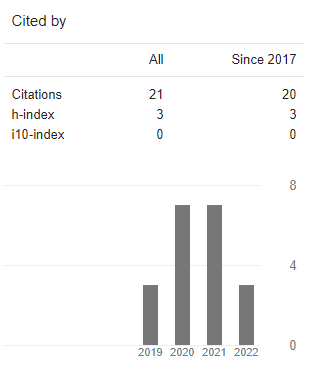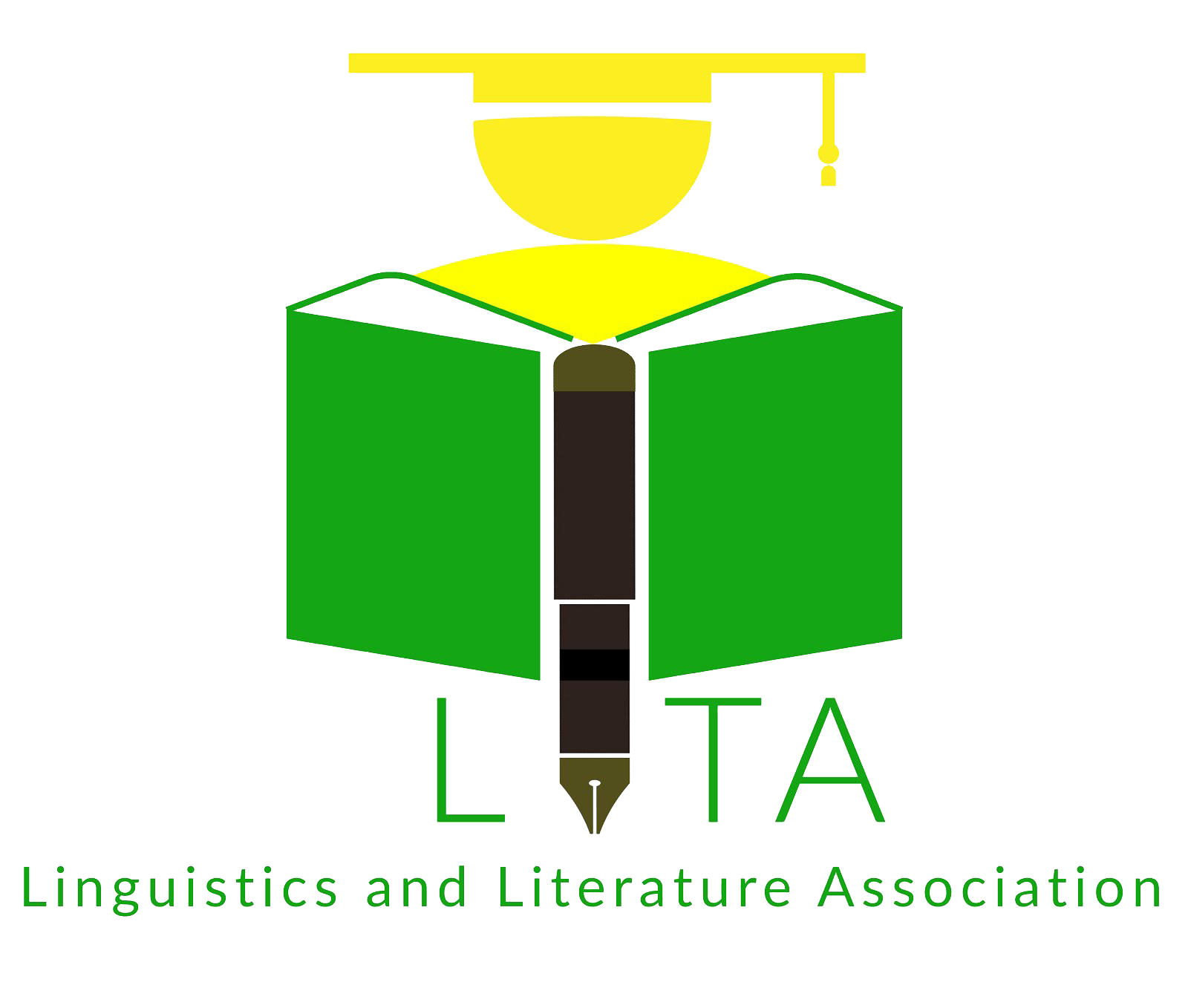Indonesian Speakers’ Perspective in Distinguishing Gender Based on Indonesian Vocabularies
DOI:
https://doi.org/10.21776/ub.alphabet.2020.03.01.06Keywords:
Language, gender, Indonesian wordsAbstract
Language and gender are related in the practice. According to Coates (1998), language simply reflects social divisions and inequalities. The gender distinction in many languages spoken worldwide, in practices are separated into gendered and genderless languages, which means language differences between men and women are a mirror of social differences, and these differences will persist as long as society perceives men and women as being different and unequal. We can observe this in various languages that have gender classifications in their vocabulary and also the use of different words by looking at the gender and number of interlocutors who speak the language, which has indeed been determined by generations by the speakers and also the committee of the language hall of the language. This research will proves that Indonesian speakers which known as a Genderless Language, showed their differences in judge nonsense words either masculine or feminine or also cannot identify. Therefore the data were taken by Interview with a Questionnaire which contains sentences.




















